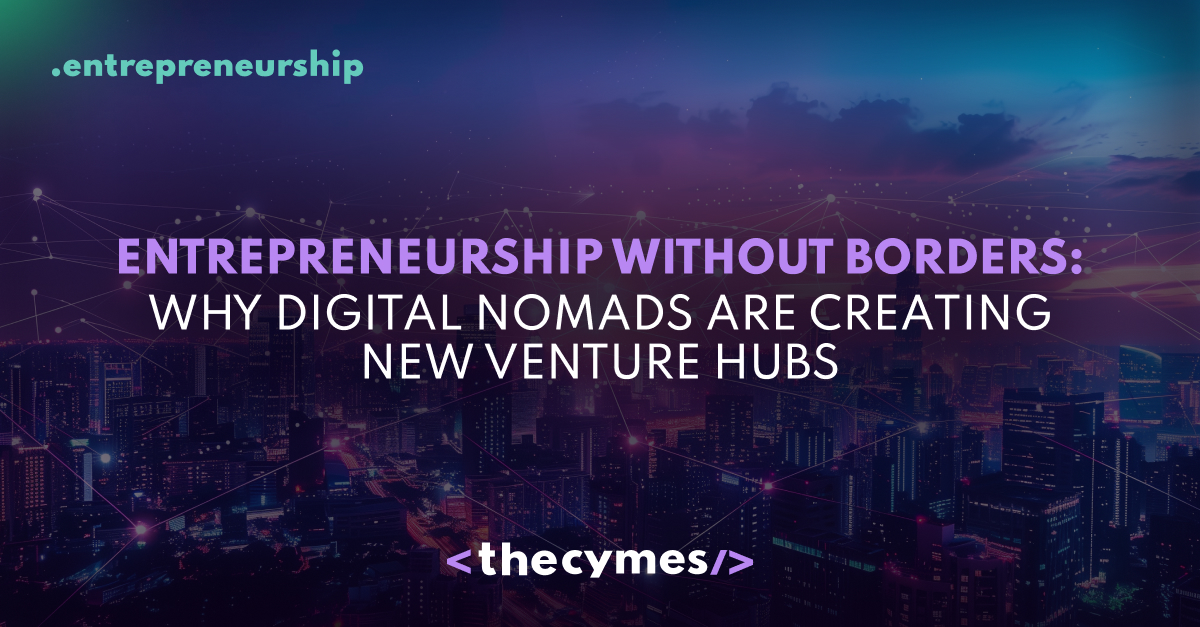.entrepreneurship19 August 08:59
0<
Entrepreneurship without borders: why digital nomads are creating new venture hubs
/>Digital nomads are no longer just travelers with laptops, they’re building startups and turning unexpected cities into global venture hubs. Discover how borderless living is reshaping entrepreneurship. be updated on the latest tech newsGet exclusive news updates and overview on tech market




